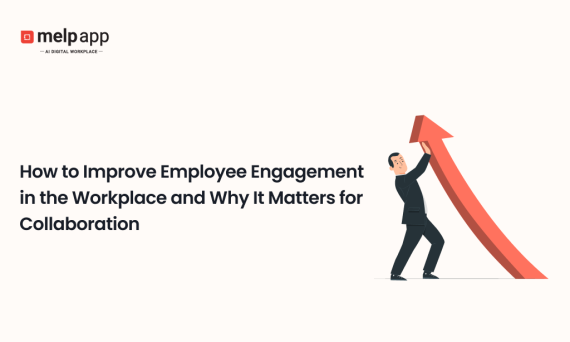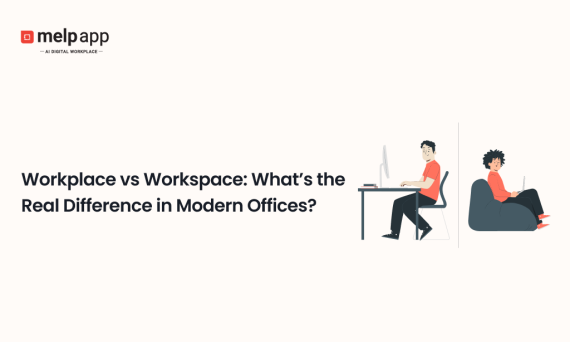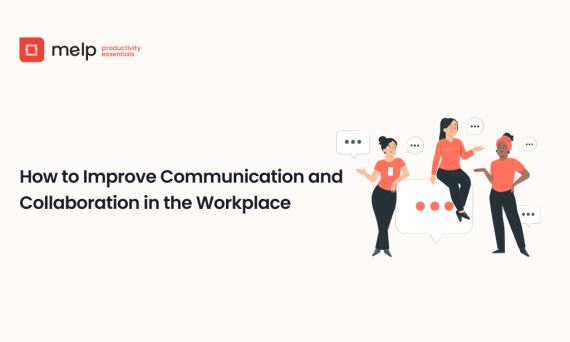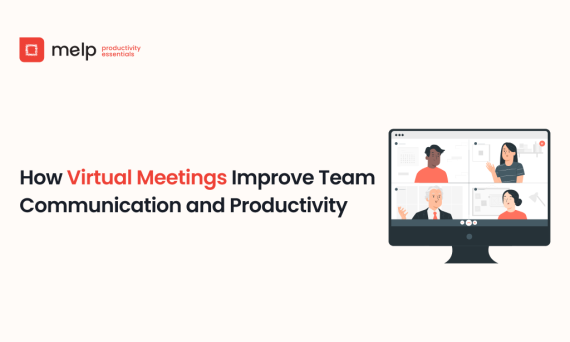Workplace Efficiency and Productivity
Employee engagement isn’t just about job satisfaction. It’s about building a culture where people feel involved, valued, and motivated to contribute. When employees are engaged, they’re not just doing their jobs—they’re showing up with purpose, supporting their teammates, and helping the whole organization move forward. That kind of energy directly supports better collaboration, which leads
Read More
The way we work has changed, but the words we use haven’t always kept up. Terms like workplace and workspace sound similar, yet they mean very different things. Understanding the difference is more than just a matter of language. It shapes how we work, connect, and succeed. A workplace refers to the larger professional environment:
Read More
Virtual meetings have become a fundamental part of how teams, educators, and organizations communicate. Whether employees are working remotely, students are attending hybrid classes, or global teams are collaborating, online video calls and audio calls now bridge the gap and keep work moving forward. But with the rise of virtual meetings, one challenge keeps coming
Read More
The Real Reason File Sharing Needs to Be Secure You don’t need to be a cybersecurity expert to understand the risks of sharing sensitive files at work. One careless transfer, one wrong recipient, or one unsecured platform can be enough to cause damage. From leaked client data to internal financials falling into the wrong hands,
Read More
Remote work is here to stay. For many of us, that means working from home offices, kitchen counters, or even shared spaces with kids and pets in the background. While flexibility has improved, one important part of work has become harder to hold onto: human connection. It’s not just about seeing coworkers less often. It’s
Read More
Most people don’t leave their jobs because of the work itself. They leave because of miscommunication, poor leadership, or the frustration of working in a team that just doesn’t work well together. That’s why improving communication and collaboration isn’t just a soft skill. It’s a core part of building a workplace where people want to
Read More
In a world full of digital noise, teams need simple ways to connect. Audio conferencing stands out as one of the easiest and most effective communication tools. It allows people to talk in real time, without worrying about screen setups or camera angles. From daily meetings to last-minute client calls, voice-based communication offers clarity and
Read More
We’ve all been in meetings that probably could’ve been emails. But what about the opposite? Those times when five confusing email threads could’ve been cleared up in a quick chat. That’s the thing with virtual meetings — when you use them right, they save time and headaches. They’re not just a pandemic leftover. Virtual meetings
Read More
Team communication plays a critical role in how efficiently people work together. Whether it’s discussing a new idea, giving feedback, or sharing a file, the way teams communicate can impact productivity in a big way. While email has been the traditional tool for decades, group chat has become a strong alternative, especially for modern teams
Read More
When I first started working from home, I thought it would be easy. I mean, no commute, comfy clothes, and lunch in my kitchen—it sounded perfect. But after a few weeks, I hit a wall. I wasn’t focusing like I used to. I was either working too much or not enough. Over time, though, I
Read More









